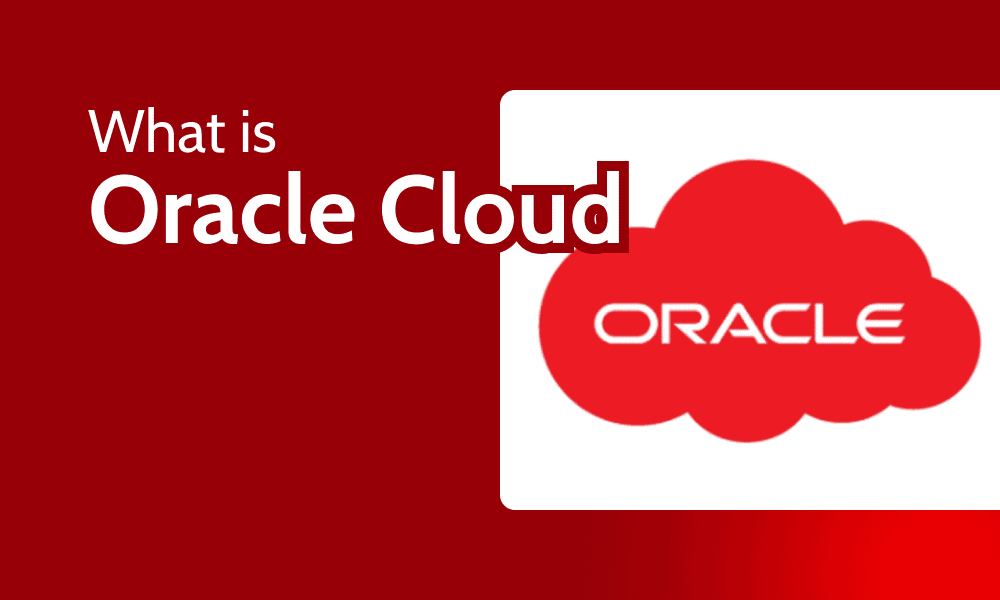To 2027, companies will implement small and specific models focused on specific tasksy They will use them three times more than large language models General purpose, according to Gartner’s forecasts. This is because although the LLMS have solid functions related to language, the precision of their low response when used with tasks for those who need a specific context related to a specific area or business.
Companies can customize their large language models to perform concrete tasks through increased recovery-generation (RAG). Also through precise adjustment techniques, for the creation of specialized models. In this process, the company data becomes a key differential element, and need a data preparation, quality controls, version and general management to ensure that the relevant data is structured to meet the precise adjustment requirements.
Companies that want to implement small and specific models for certain tasks must take into account the pilot contextualized models, given that the implementation of small contextualized models in areas in which the business context is crucial. They can also serve in cases where large language models have not covered quality or speed needs.
From Gartner they also recommend adopting combined approaches, for which it is advisable to identify use cases in which the orchestration with a single model falls short, and instead of that system, use a compound approach with several models and workflows divided into several steps.
In order for everything to go well, it is also advisable to strengthen both the data and the skills related to them, and give in fact priority to the preparation of data to collect, select and organize the necessary data for the adjustment of language models.
At the same time, it is recommended to invest in increasing the skills of the personnel of functional and technical groups. As data architects and IA, data scientists, AI and data engineers, risk equipment and regulatory compliance and experts in specific business subjects.
In case of developing proprietary models, companies can create new income flows with their commercialization, while promoting the expansion of an ecosystem of more interconnected companies.
Summit Agarwal, Vice President of Gardnterstressed that «The diversity of tasks in business flows, as well as the need for greater precision, are promoting the change towards specialized and adjusted models for concrete functions or to work with domain data. These smaller and specific models for certain tasks offer faster responses, and reduce the costs of operations and maintenance«.
Agarwal has also pointed out that «As companies recognize more and more the value of their private data and the information derived from their specialized process, they are likely to start monetizing their models and to offer access to these resources to a broader audience, including their customers and even the competition. This is a change in a protection approach to a more open and collaborative one in terms of data and knowledge use«.











